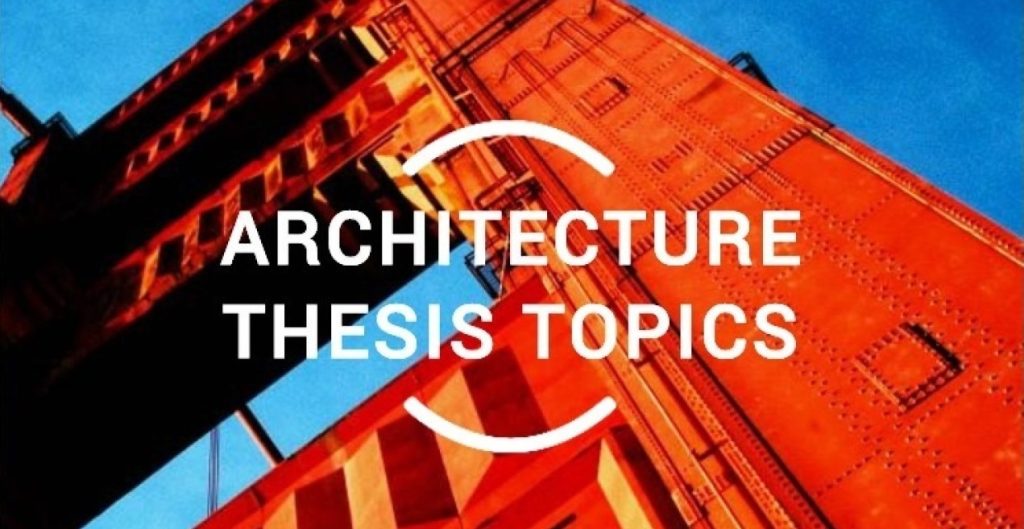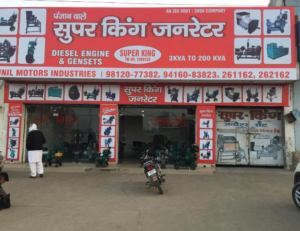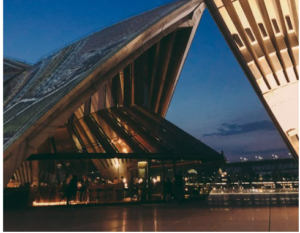Thesis Topics for Architecture :20 Topics related to Sustainable Architecture

Sustainable architecture is design that reduces a building’s negative environmental effect. Its goal is to solve societal and ecological issues. It takes a selective approach to energy and the built environment’s design. Most of the time, sustainability is restricted to an efficient water heater or the use of high-tech solutions. There’s a lot more to it than that. It’s sometimes about raising awareness among individuals and groups about how we might live in harmony with nature. Sustainable design is a manner of entering the setting in a natural way, planning and selecting materials that have minimal negative environmental consequences prior to construction.
Here are 20 architecture thesis themes relating to sustainable architecture:
1. Urban Park | Architecture Thesis Topics
Urban parks play an important part in making a city livable and sustainable by providing citizens with a healthy lifestyle. It offers congregational and community development places that are transformational. Public parks are extremely important in cities since they are sometimes the only major source of vegetation in the region.
2. Development of the Neighborhood
Implementing sustainable development at a local level is always a problem. As a result, urban development, environmental deterioration, and traffic congestion have necessitated a fundamental examination of issues. In cities, there is an additional potential to create a sustainable community with energy-efficient buildings, green materials, and social infrastructure.
3. Community Garden Design | Architecture Thesis Topics
Due to escalating health challenges in cities, community gardens are the newest trend for sustainable living in metropolitan settings. It promotes farming as an activity in which residents may participate and encourages people to utilize gardens as leisure zones. The gardens contribute to the long-term development of metropolitan areas.
4. Recycling Center for Waste
Since garbage recycling is often perceived as a burden on the city, waste recycling centres might be an excellent thesis subject for architecture. However, by incorporating its role and value into the urban fabric, it may be turned into an opportunity. Waste-to-energy plants or waste-to-recycling facilities can be combined with community-oriented public services.
5. Heritage/Old Building Restoration
Building restoration is the practice of accurately presenting a historical building’s state as it was in the past while maintaining its heritage significance. Many heritage buildings in India, such as forts, temples, and other structures, have deteriorated and need to be repaired. As a result, it contributes to the preservation of our historical legacy.
6. Rehabilitation Housing | Architecture Thesis Topics
Rehabilitation housing is a type of temporary housing designed to house individuals who must leave colonies in order to rebuild them. Rehabilitation housing also houses persons who have been displaced as a result of a natural disaster.
7. Development of the Riverfront
While maintaining a river-city link, riverfront development increases the quality of built and unbuilt environments. It gives the stretch of land a distinct character, which may be enhanced by the addition of cultural and recreational activities. Various public activities and venues are implemented to enhance the riverfront’s vitality and ambience, resulting in environmental and economic sustainability.
8. SMART Village | Architecture Thesis Topics
SMART village is a contemporary programme that aims to enhance rural villages by providing essential services such as education, health, clean drinking water, sanitation, and environmental sustainability. Its goal is to improve rural populations’ access to modern technology and energy.
9. Buildings with a Net-Zero Energy Consumption
Buildings consume a lot of energy, which may be lowered by using energy-efficient techniques and technologies. Over the course of a year, the Net Zero Energy Building (NZEB) produces as much energy as it uses, if not more. NZEB may be used in a variety of settings, including industrial, commercial, and residential. These structures are becoming increasingly popular as a result of growing worries about climate change.
10. Bermed Structure
A bermed structure is one that is erected above ground or partially below ground, with at least one wall covered with dirt. A bermed construction protects from both heat and cold in adverse climatic conditions. The building might be of any type, including a house, museum, or exhibition hall. These structures are extremely energy efficient, but waterproofing requires special attention.
11. Regenerative Design
Active engagement in engaging with the natural environment is regenerative design. It focuses on lowering a building’s environmental effect on the surrounding environment through conservation and performance. While green construction increases energy efficiency, regenerative construction benefits the ecology by providing habitat for living species.
12. Center for Urban Agriculture
In every metropolitan region, urban agricultural hubs provide room for food cultivation, processing, and distribution. The facility aims to improve people’s quality of life by providing them with nutritious food alternatives. Food safety is improved by purchasing fresh fruits, vegetables, and meat items from the centre. People may cooperate and share their expertise of sustainable food production at the centre, which can also be turned into a learning hub. It has the potential to raise public awareness and improve people’s eating habits.
13. Reviving a Mill or Industry That Has Been Abandoned
Mills and industries are critical components of urban development. They conjure up images of industrialization, ingenuity, and triumph in their own eras. Thus, by restoring the abandoned mill, the city’s ancient fabric may be preserved.
14. Eco-Tourism Center
The necessity to sustain the environment with the least amount of intrusion on the lives of plants and wildlife is addressed by an eco-tourism facility. It also allows people to visit natural places in a responsible manner. The institution also houses research facilities, does data analysis, and conducts studies to raise environmental awareness among the population.
15. Restoration of a Historic Structure
Revival is the process of improving the building’s condition and fortunes while maintaining its historic essence. When we talk about sustainability, we don’t pay enough attention to heritage revitalization. On the other side, it presents a fantastic chance to enhance our diverse cultural legacy. It has the potential to improve societal well-being as well as economic progress.
16.Building Reuse that is Adaptive
Adaptive reuse is the act of adapting old structures for new users while maintaining its original integrity to satisfy the inhabitants’ new demands. As a result, the building’s finest feature or feel is kept and developed in a modified manner. It breathes fresh life into the structure and eliminates the need to dismantle it.
17. Slum Redevelopment
The goal of slum redevelopment is to reduce the urban sprawl caused by slums, as there is no fresh land accessible for new building. Urban slums are a big problem in many cities nowadays owing to unsanitary and insecure living conditions. Without displacing residents from the site, the reconstruction intends to priorities health, livelihood, sanitation, and infrastructure.
18. Architecture Thesis Topics | Vertical Farm
A vertical farm is a building or area within a greenhouse or field where food is grown on vertically inclined planes. It frequently involves soilless techniques like as aquaponics and hydroponics, as well as agriculture that maximizes plant development. Buildings, ship containers, and mine shafts may all be used to create farming systems.
19. Wetland Restoration
A degraded wetland that had been destroyed before on the land it was on or still is gets restored. Re-establishment and rehabilitation are examples of restoration techniques. Wetland restoration is critical for maintaining ecosystem and wildlife habitat, as well as contributing to economic prosperity.
20. Eco-Mosque | Architecture Thesis Topics
The Eco-mosque is a zero-energy, environmentally friendly mosque with a focus on modernism and sustainability. The Mosque is the heart of the community and a vital instructional center for enhancing environmental stewardship duties. The Eco Mosque is a one-of-a-kind construction built entirely using green technology, making it both sustainable and low-carbon.










